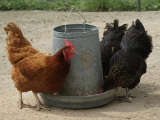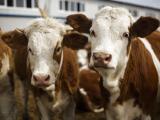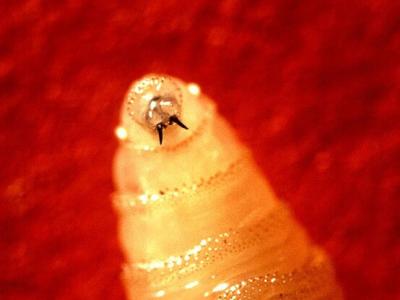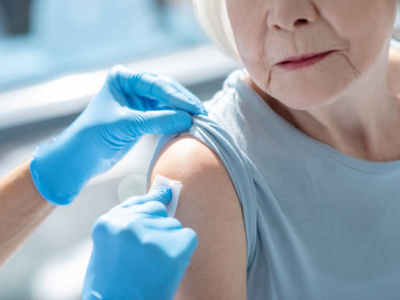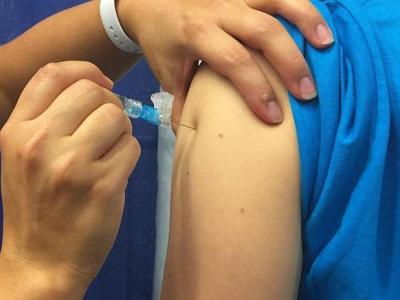With the country in its fifth and biggest wave of H7N9 avian flu activity, China's premier today urged local officials in affected areas to shutter live-poultry markets, with some experts saying the closures are coming too late.
In other developments, China reported one new human infection, involving a patient from Guizhou province.
Calls for poultry market closures too late?
At a cabinet meeting today, China's Prime Minister Li Keqiang acknowledged the rising number of H7N9 deaths—reported to be 100 since October—and asked provincial officials to close poultry markets as soon as infected birds are found, Reuters reported today, citing a statement released by the cabinet.
The statement said China would step up its monitoring of avian flu and poultry transport.
In a related development, experts today said China's efforts to tamp down the virus in live-poultry markets are too late and that preventive steps should have been taken before the flu season started, Hong Kong-based South China Morning Post (SCMP) reported today.
Malik Peiris, PhD, a microbiologist at the University of Hong Kong, told the SCMP that local governments should proactively boost farm regulations and market inspections, rather than closing markets after human cases are reported. He raised doubts about whether all provinces strictly and regularly monitor live-poultry markets, a key step in preventing human infections.
Bernhard Schwartlander, MD, PhD, the World Health Organization's (WHO's) representative in China, told the SCMP that live-market closures and other market hygiene efforts have been the key steps in controlling earlier outbreaks.
Some experts have pushed for the country to permanently close live-bird markets but have faced pushback, given the public's preference for fresh market poultry.
The United Nations Food and Agriculture Organization (FAO) said yesterday in an update that more provinces and cities are shuttering markets and curbing live-poultry transport. For example, in Jiangxi province, officials this week ordered all live-bird markets and trading locations in Nanchang city closed for 14 days, and Guangdong province recently suspended all live-bird transport from high-risk provinces, including Anhui, Jiangsu, Jiangxi, and Zhejiang.
New human illness
The latest human H7N9 case reported is in a 51-year-old patient from Qiandongnan in Guizhou province in southwestern China, Hong Kong's Centre for Health Protection (CHP) said today in a statement. Few details were available, other than he or she had contact with live poultry before getting sick.
So far during the fifth wave, which began in October and spiked suddenly in December, China has reported at least 425 cases.
See also:
Feb 23 Reuters story
Feb 23 SCMP story
Feb 22 FAO report
Feb 23 CHP statement


